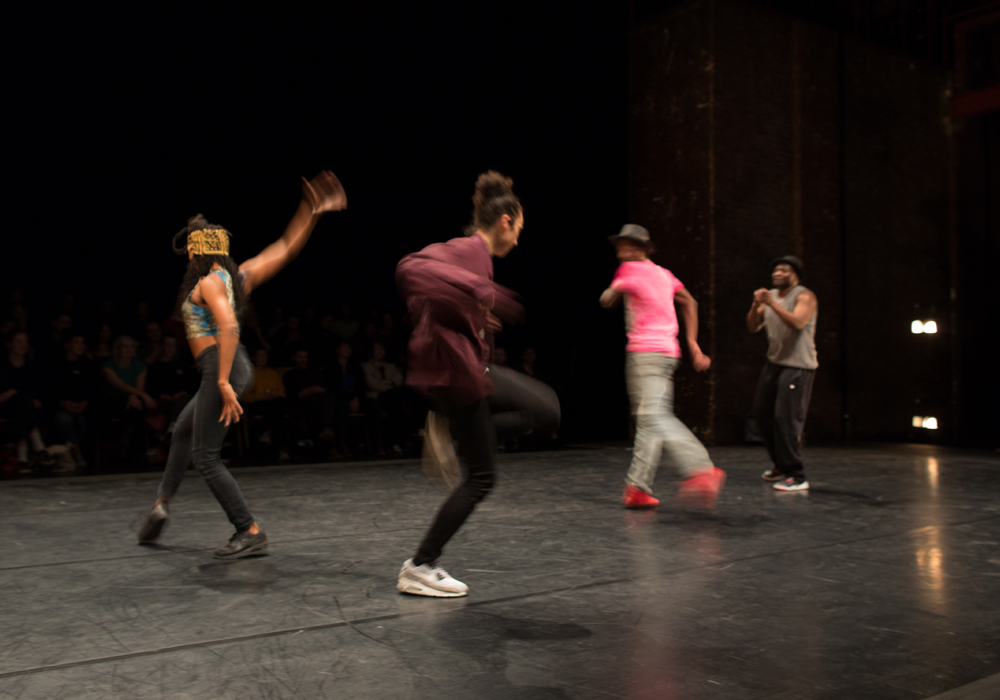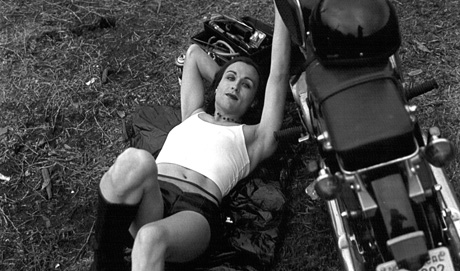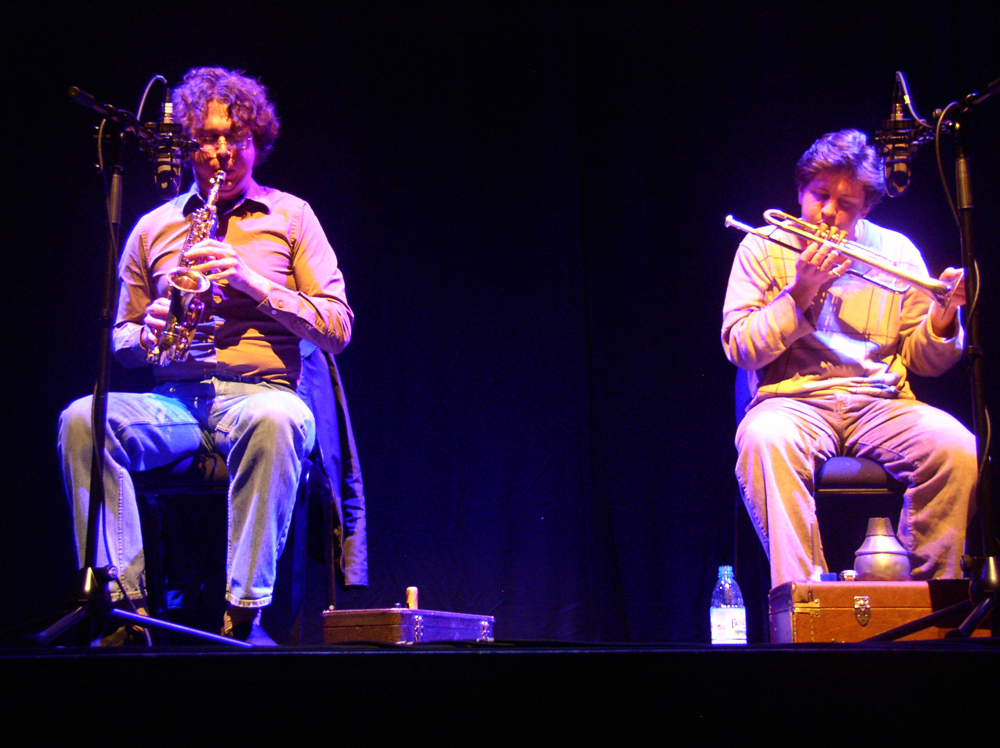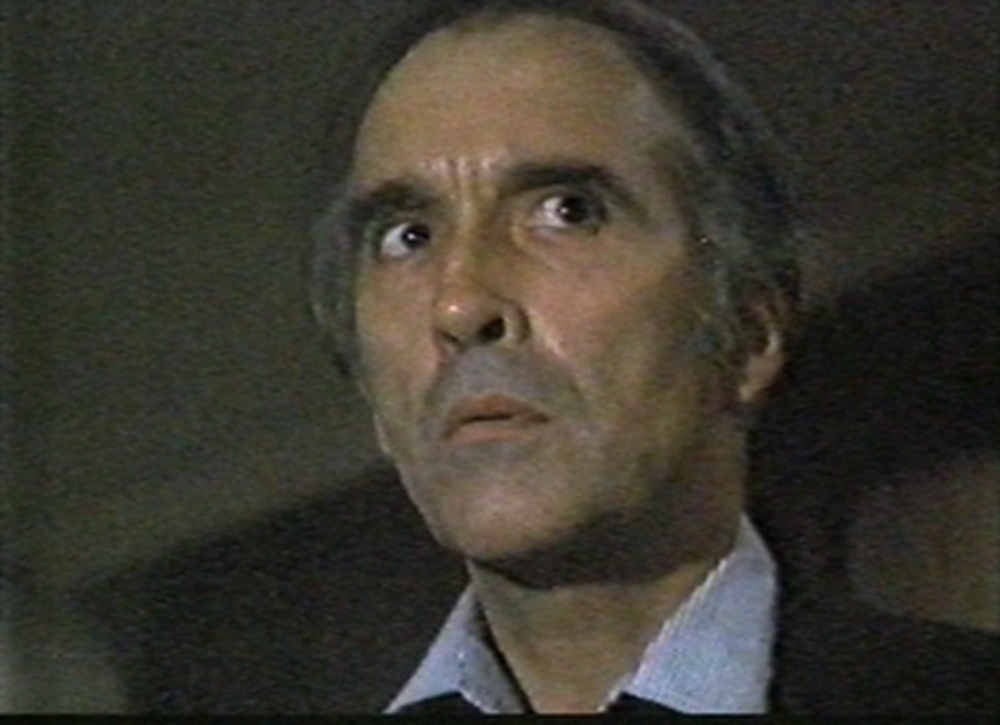
Nearly Sighted/unearthing the dark
Kayla Hamilton
Beyond time, colorlines, ability, and sexuality, a movement exploration into what it means to see and be seen, how hearing contrast with what is actually being heard.
Arika have been creating events since 2001. The Archive is space to share the documentation of our work, over 600 events from the past 20 years. Browse the archive by event, artists and collections, explore using theme pairs, or use the index for a comprehensive overview.

Beyond time, colorlines, ability, and sexuality, a movement exploration into what it means to see and be seen, how hearing contrast with what is actually being heard.

In which Storyboard P and members of Project X pick a song, freestyle to it, chat with us about what dancing means to them, then pick another song, freestyle, chat, repeat…

Jean-Luc Guionnet will be giving a talk as part of the music department’s ongoing series of colloquia.

How do communities practice being one another’s means, addressing their material problems facing them replicating the state’s violent logic of who is disposable.

UK conceptual/ drone/ noise artist, who is seriously posing what might seem to be unanswerable questions of music.

An audio and video investigation of gender cults, Catholicism, hauntings and nuns’ use of audio devices…

In Ramayya’s visionary poetry, the body assumes as many forms as love produces states: attraction and repulsion, excitement and exhaustion, selfishness and the dissolution of self.

Boston duo of saxophonist Bhob Rainey and trumpeter Greg Kelley approach their improvisations with a slew if extended techniques and pregnant silences.

Whether drawing their own fractured, abstract narrative, or re-contextualising, chewing up and spitting out someone else’s, each of the films here take a dramatic arc as their starting point and throw it to the wind.
Tiny fragments of sound recombined and woven into spare and precise, violent yet beautiful pieces

How does this practice, that simultaneously resists and honours the distinctions between these genres, materials and senses, determine the inhabitation of another: a convergence of aesthetic and social experimentation?

Work that focuses in on the static hiss and background noise of recording and pushes it to the fore.